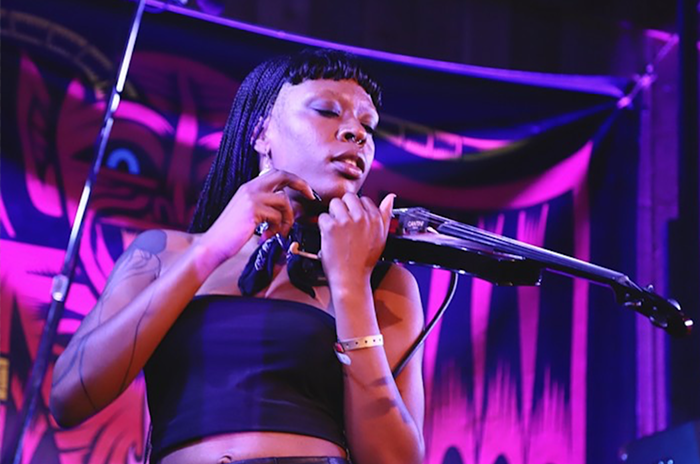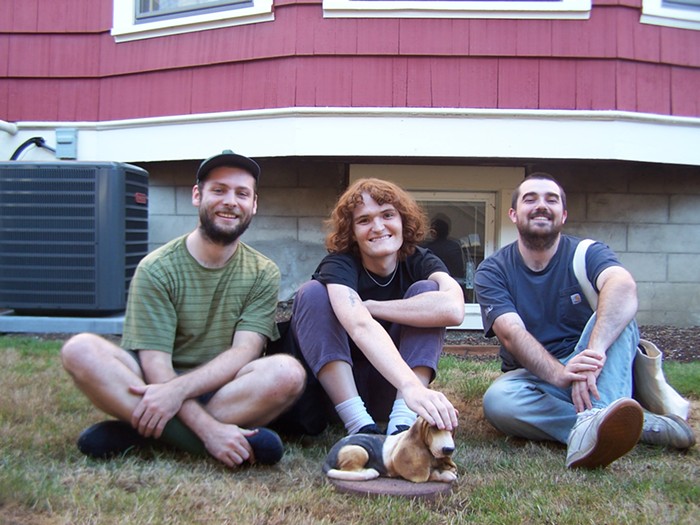VARIOUS ARTISTS Samba Soul 70!
(Six Degrees)
***1/2
Six Degrees, the label that introduced Musica Popular Brasileira (MPB) to the NPR/Border's crowd, has delivered one of the best compilations of Brazilian soul to hit the States in some time. Sixteen tracks of varying funkiness from artists both obscure and (relatively) famous, all with that special blend of groove and politics that Brazil was producing by the truckload in the '70s. Some numbers wouldn't sound out of place on a blaxploitation soundtrack while others push the boundary between funk and disco. The rest are solid examples of MPB's fusion of samba, American R&B, lounge, and what we now call "acid jazz." There are some obvious omissions (Jorge Ben, anyone?), but that's small potatoes when one considers just how great this compilation is. MURRAY CIZON
PASHA
Demonstration
(Self-Released)
***
Portland band Pasha unleashes four heavy tunes on Demonstration, and though it suffers from an unremarkable production job, some good moments do surface. There's a consistent mood of earnestly hard riffing and pained vocals throughout. On the opener, "In Charms," those two elements combine to forge a Fugazi-on-amphetamines sound that seems fairly mundane these days. "Osgilliath" has a weird stoner vibe that reminds me of Tool (and something about Tool bugs the shit out of me). "Sister City" is the third and best track. An almost chime-like guitar sound sparkles above a humming bass drone that gives way to a chunky riff and then back again. The God-like spine-tingle that I imagine Pasha is striving for is achieved here, and it's enough to give them a momentary thumbs-up. "Hearts for Eyes" ends Demonstration with a cool loping jag, but I would suggest going for a more ambitious production next time. KEVIN SAMPSELL
JOE DAVIS Hope Chest
(In Music We Trust)
***
From Pinehurst Kids' Joe Davis comes a solo record that showcases his fine, gentle voice and his lack of complexity as an artist. There's no punk to the pop here, which leaves the record feeling a bit weightless at times. Singers putting out solo records tend to find root less in atmosphere and more in lyrical content, which seems somewhat challenging for Davis, whose airy lyrics need more concrete imagery. Where the atmospherics do work, however, is on a song like "What I Want," which is kept simple and unaffected, the minimal instrumentation turning even the exhalation of Davis' breath at the end of a phrase into an instrument. Hope Chest hits its unassuming stride in song two, "Luigi Bosco," which defines the record as a soft, moody pop album, replete with assured, understated hooks supported by still youthful roots that want time to mature. JEFF DeROCHE


















